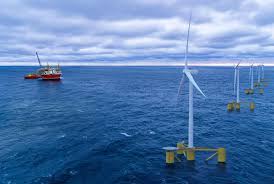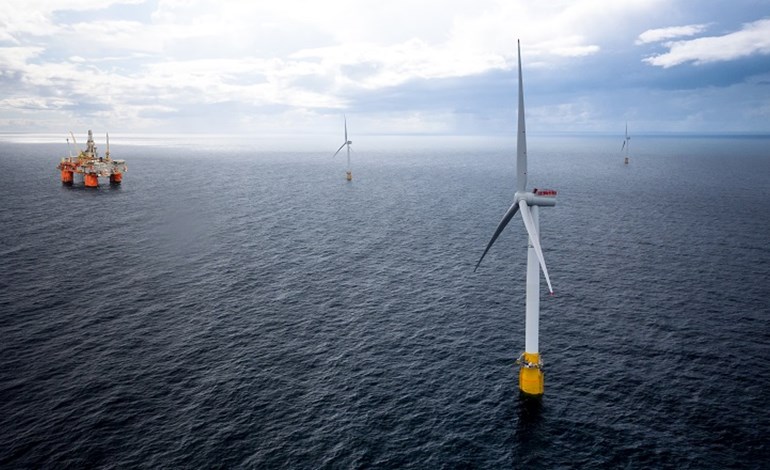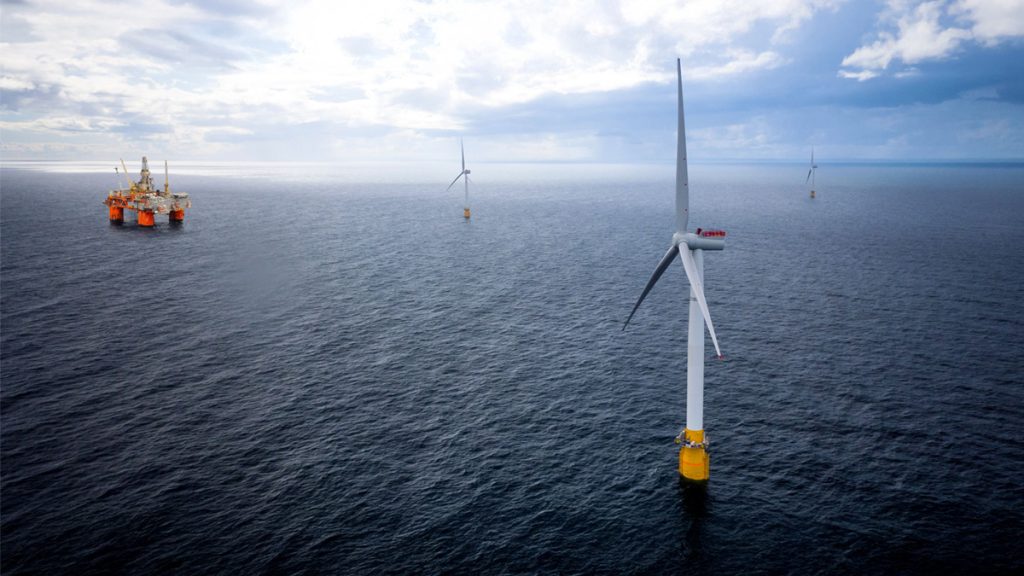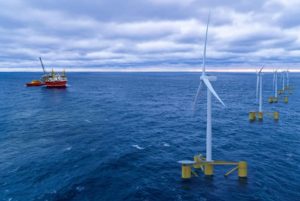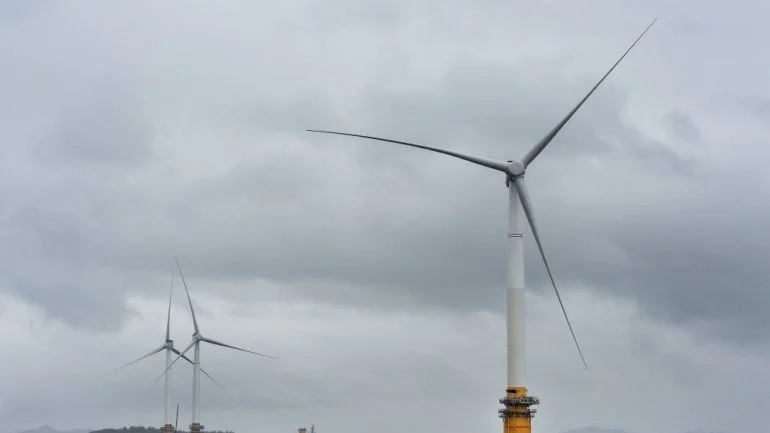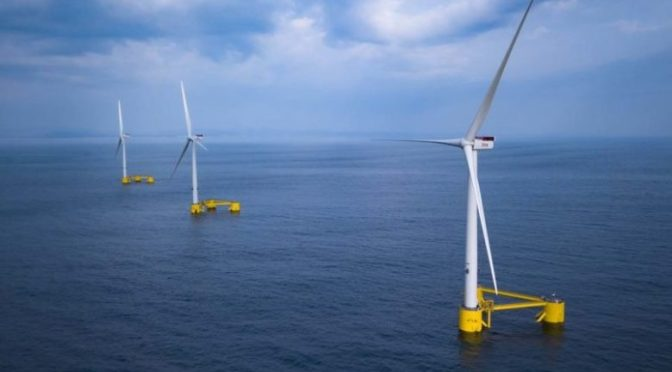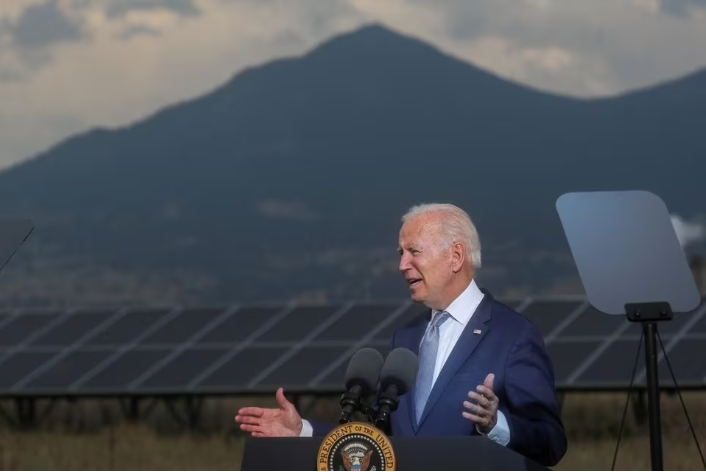
USDA has awarded $50 million to be split among seven projects in seven states through the Fertilizer Production Expansion Program (FPEP), which was created to help expand U.S. fertilizer production in the wake of the Russia-Ukraine war.
The awards include the building of a fully automated fertilizer facility designed to manufacture custom products in Nebraska, and a company in North Carolina buying and installing a new anaerobic digestion facility for producing organic fertilizer and ammonium sulfate.
Additionally, USDA is awarding $157 million for 675 projects located in 42 states through the Rural Energy for America Program (REAP).
The projects include installation of a solar array, or a collection of linked solar panels, in Colorado that will help a wastewater treatment facility; the installation of a solar photovoltaic system on a soybean farm in Pennsylvania; and the installation of an energy-efficient refrigeration system at a meat company that makes beef jerky in South Dakota.
More than $94 million of the REAP funding is coming from the Inflation Reduction Act, and the awards aim to help farmers and agricultural producers cut energy costs and create new revenue streams, Vilsack said.
"The investments announced will expand access to renewable energy infrastructure and increase domestic fertilizer production, all while creating good-paying jobs and saving people money on their energy costs that they can then invest back into their businesses and communities," Vilsack said in a statement.
